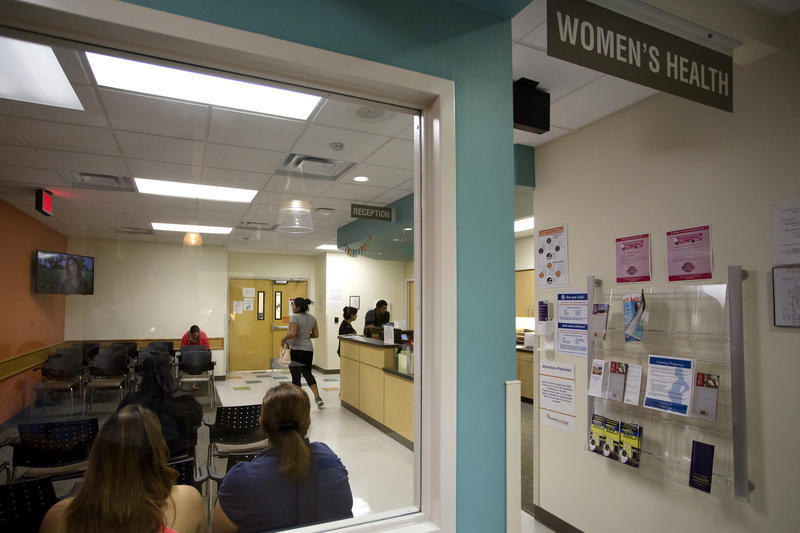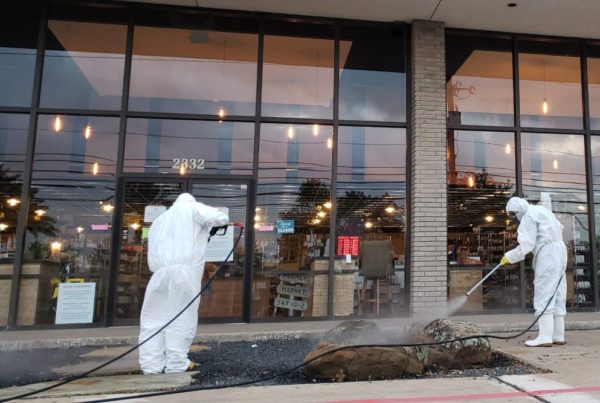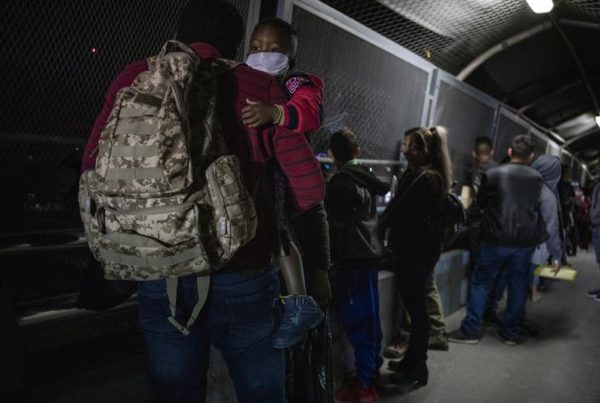In the second installment of Texas Standard’s Ask a Doctor, UT Health San Antonio’s Dr. Fred Campbell answers listeners’ most pressing questions about the coronavirus and COVID-19.
Note: The following answer has been updated to include more recent medical findings.
What risks does COVID-19 pose to pregnant women?
Data from Wuhan, China, where the pandemic started, showed that the virus can be passed from mother to child. Three out of 33 children in one study contracted the disease from their mother; all survived but one needed intensive medical care. But a more recent study of over 400,000 women in the U.S., indicated that pregnant women are more likely to experience severe COVID-19 symptoms than women who are not pregnant. The COVID-19 vaccine is now recommended during pregnancy, and for lactating mothers.
Should we be concerned about getting the virus from prepared food?
As long as cooks and restaurant workers follow regular standards for food preparation, ordering takeout is generally safe. The only risk would be if someone were to cough or sneeze into the food; the virus could theoretically survive and be transmitted to the customer, Campbell says. But that likelihood goes down even more if the food is heated.
Are there tests to determine whether people who’ve had COVID-19 have developed antibodies that protect them from the disease in the future?
Antibody tests are starting to emerge for the new coronavirus, Campbell says, and they will become even more important as the pandemic continues. They could help determine who should self-quarantine and who is safe to move about. They could also help initiate donations of plasma from those with antibodies to help others fighting the disease. The efficacy of plasma donation is currently being evaluated by researchers.
Is it possible to have contracted COVID-19 in the United States before the start of the pandemic? What if I, or someone I know, had symptoms as early as the beginning of February?
It’s possible, but unlikely, because the new coronavirus is believed to have originated in China in late 2019 and spread from there. It’s more likely that such a person had the seasonal flu.
Do you need to sanitize groceries after bringing them home from the store?
Remove food packaging when possible – you can even wipe down packaging with disinfectant wipes or a sanitizing solution. And don’t forget to thoroughly rinse produce before eating it, Campbell says.
Written by Caroline Covington.














